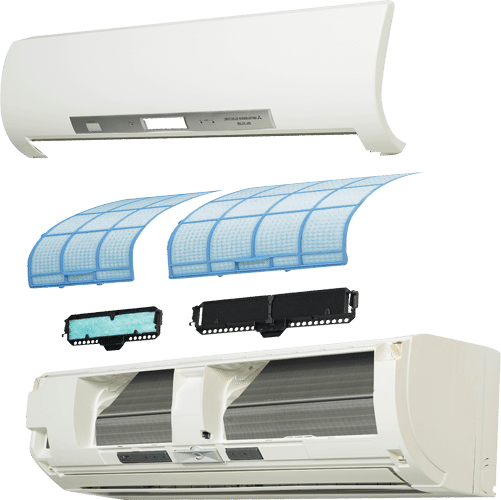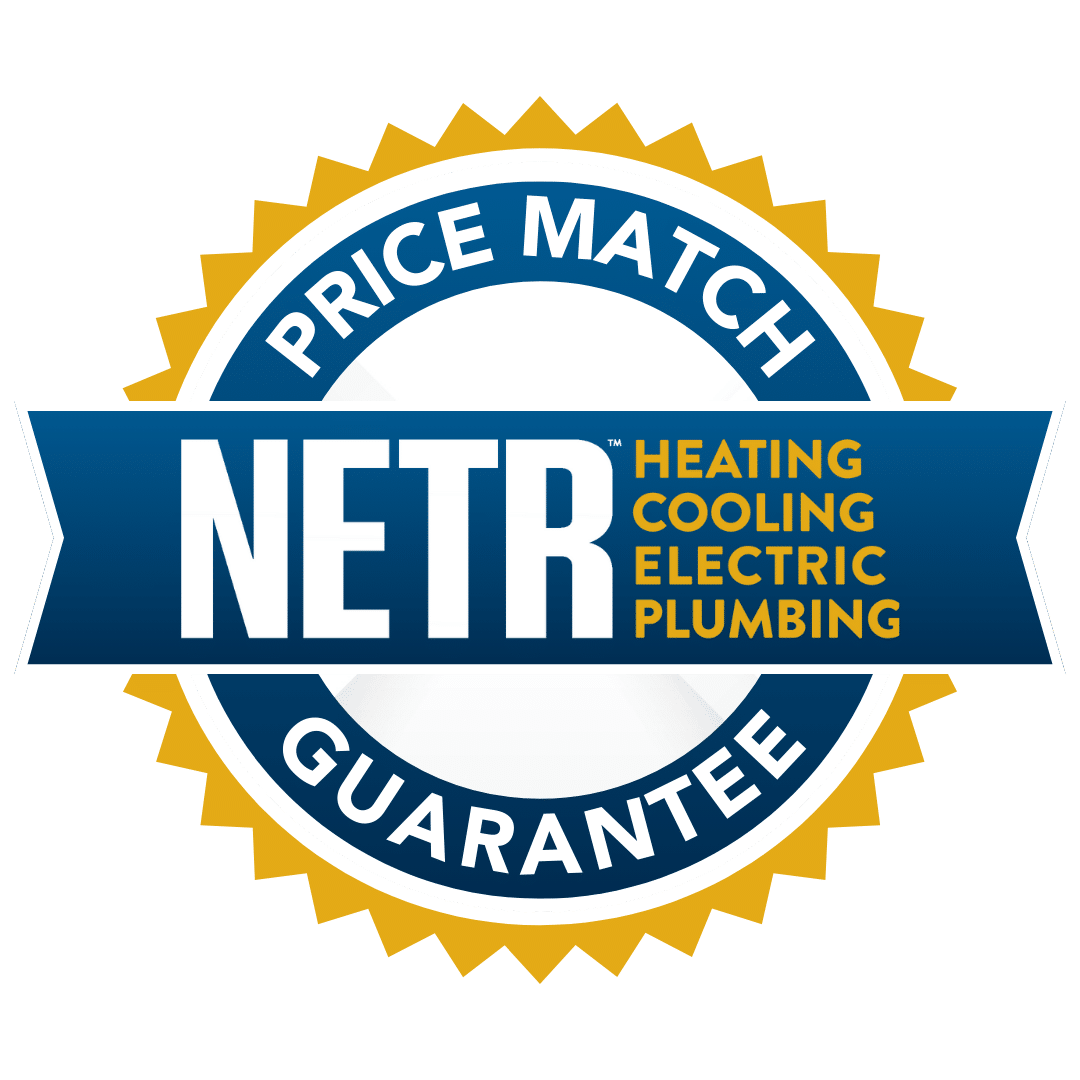The HVAC filter you choose plays a significant role in not only the quality of your air, but also how hard your system has to work to push air through the filter. It’s important to strike a balance between good filtration and avoiding excess wear on your system.
Below, learn about the different types of filters and how you can choose the right one to fit your specific needs.

Read
What WHO & the CDC Say About Your Indoor Air Quality
7 Reasons to Improve Your Indoor Air Quality
Types of HVAC Filters
With so many types of filters available, it’s hard to know which does what. Here’s a quick breakdown of the main features of each:
- Fiberglass filters – Fiberglass filters are the most basic option and are best at capturing large particles like dust and lint. They’re inexpensive but less effective at trapping fine particulate matter.
- Electrostatic filters – Electrostatic filters offer better filtration than fiberglass and use an electrostatic charge to attract and capture particles. Many models are washable and reusable, so they are cost-effective over time.
- HEPA filters – HEPA (High-Efficiency Particulate Air) filters are highly effective at airborne dust, pollen, mold, and even some bacteria and viruses.
- Carbon filters – Carbon filters use activated charcoal to absorb odors, gases, and chemicals from the air. This makes them ideal for homes with pets and smokers, but they are not as good at filtering out dust as other kinds of filters.
- Nano filters – These filters use nanotechnology to trap microscopic particles that other filters may miss. They offer excellent air quality and are ideal for homeowners with serious medical conditions or who want superior air purification capabilities.
- Enzyme filters – Enzyme filters use natural enzymes to break down biological contaminants like mold spores and bacteria before they can enter your air.
- Plasma filters – Plasma filters work by using ionized particles to trap matter and are as effective as nano filters at removing ultra-fine pollutants from the air.
Read
The Science Behind Mini Split Filtration
What to Consider When Shopping for a New Filter
Filter Size
The size of your filter needs to match the specifications of your HVAC system. If you use the wrong size filter, it can cause air leaks, reduce performance, or it might not fit at all. To determine the size you need, check the dimensions of your current filter. The numbers are typically listed on the side.
MERV Rating
All HVAC filters have a Minimum Efficiency Reporting Value, or MERV rating. This measures a filter’s ability to capture particles of varying sizes, and higher MERV ratings indicate that a filter can capture smaller particles. However, this also creates more airflow resistance.
While filters with higher airflow resistance filter more particles out of your air, it can make your HVAC system work harder to push air through the filter and circulate it throughout your home. This strains your system, increases energy waste, and reduces the lifespan of your equipment. When shopping for a new filter, look for one that balances good filtration with minimal airflow resistance.
Special Considerations to Make
Allergies
If anyone in your household suffers from allergies or asthma, consider choosing a filter with a higher MERV rating or one specifically designed to trap allergens.
Read
How Your HVAC System Can Help (Or Harm!) Your Health
Pets and Odors
Pets can also contribute to poor air quality and odors within your home. If you have cats, dogs, or other animals that share your space, look for an air filter that uses activated carbon to reduce smells.
Environmental Concerns
If you live in areas where outdoor air quality is a concern, you may want to choose a higher grade filter for your HVAC system. If your equipment supports it, HEPA filters are one of the best options for removing fine particulate matter like dust, smoke, and pollen.
Read
Breathe Easy: How Air Filtration Helps With Wildfire Smoke
Let N.E.T.R., Inc. Help You Choose a New Filter Today
Choosing the right HVAC filter for your system can improve your air quality and help protect the unit from excess wear and tear over time.
The experienced team at N.E.T.R., Inc. can help you compare filter types and features, so you can choose the best filter for your budget and system. Contact us today at (781) 933-6387 for personalized filter recommendations and more.

